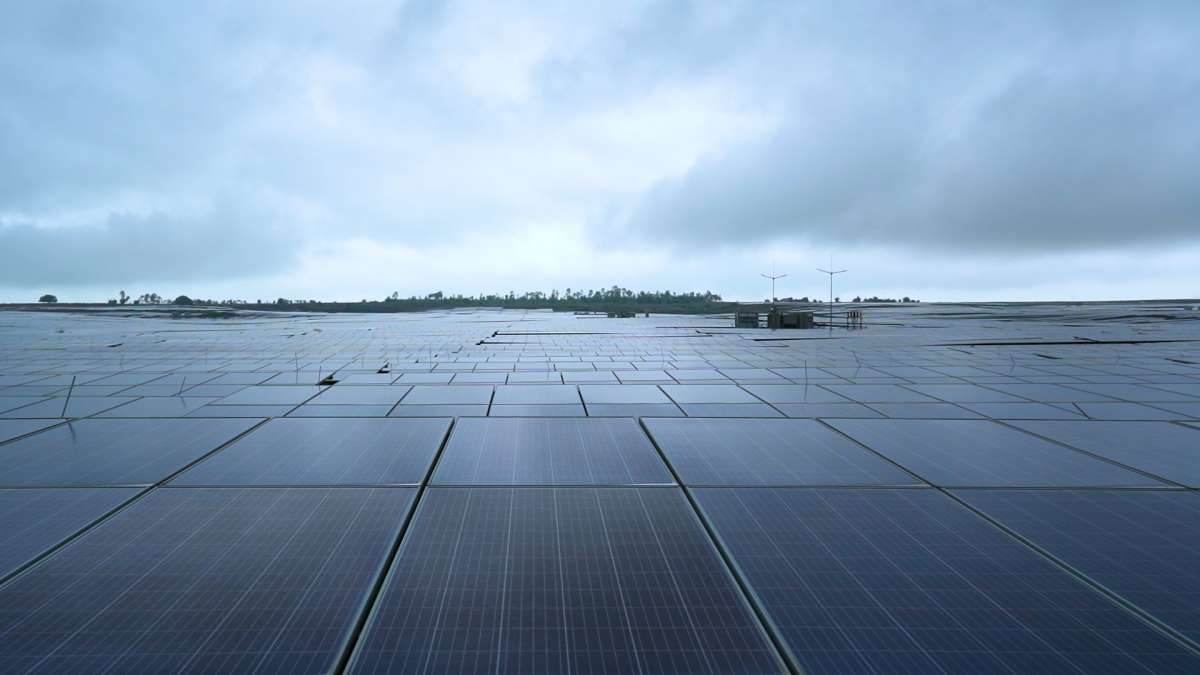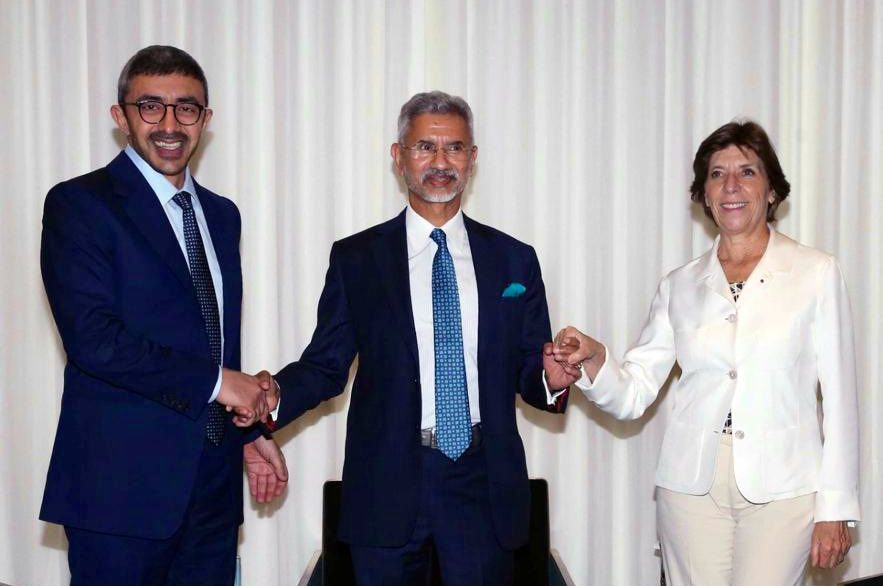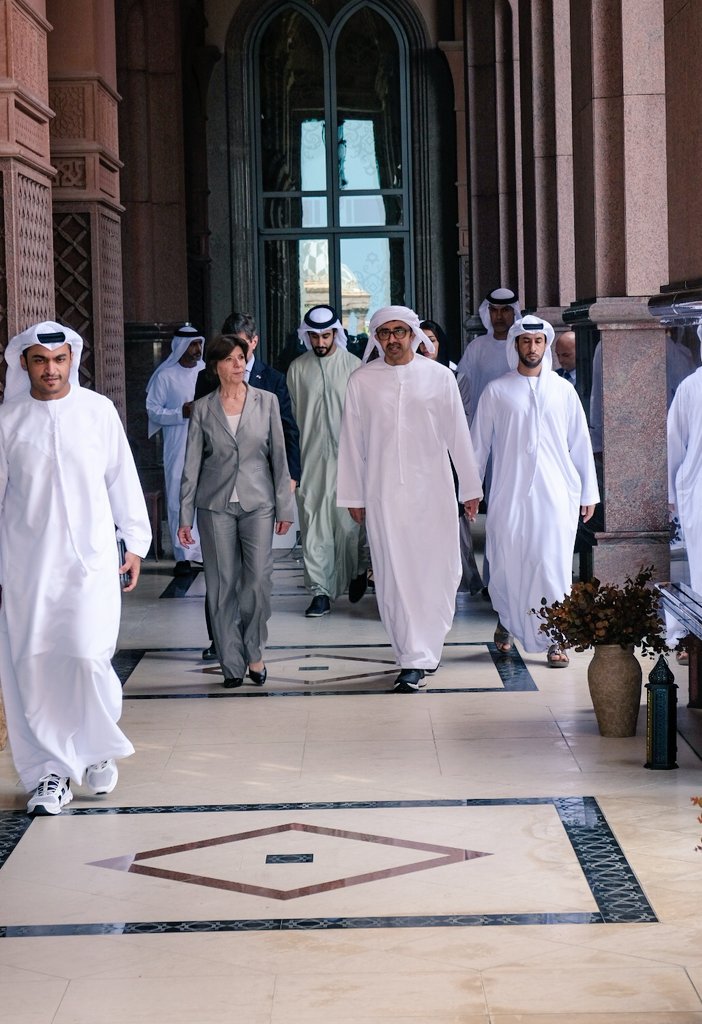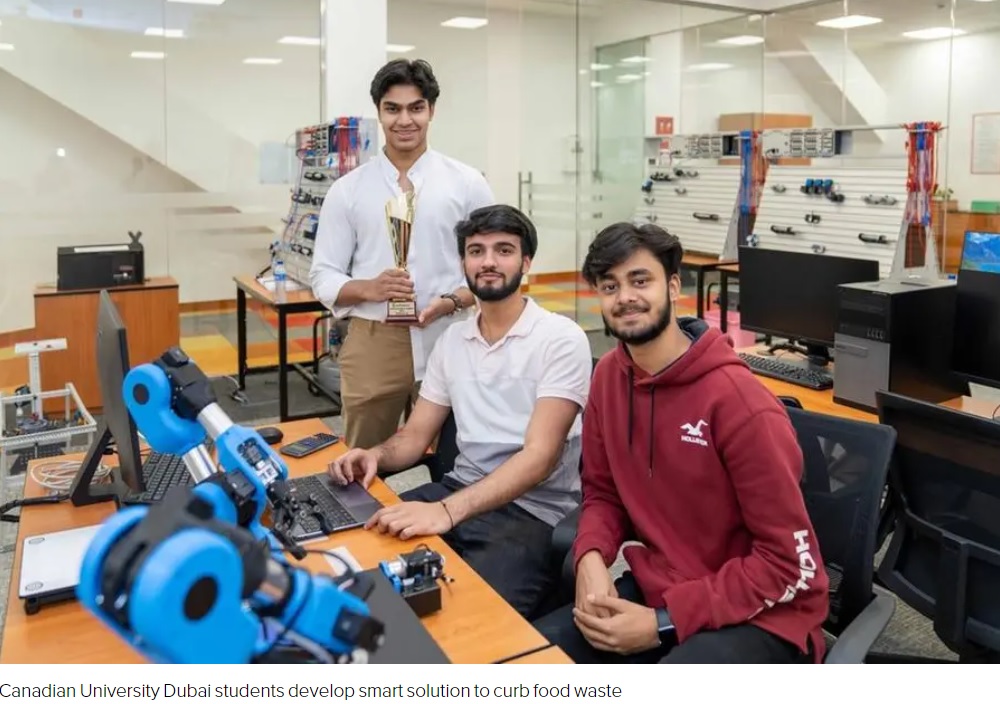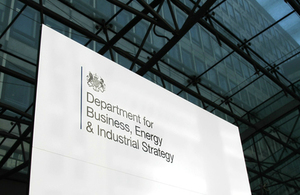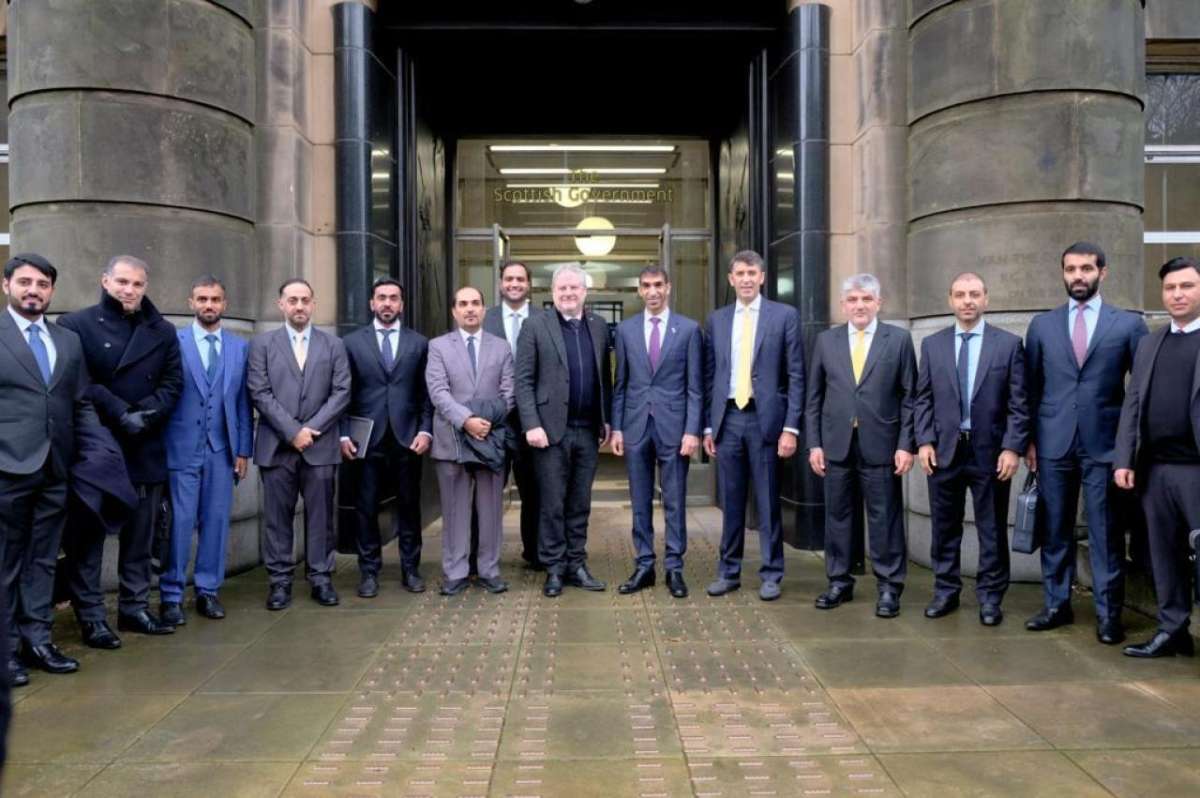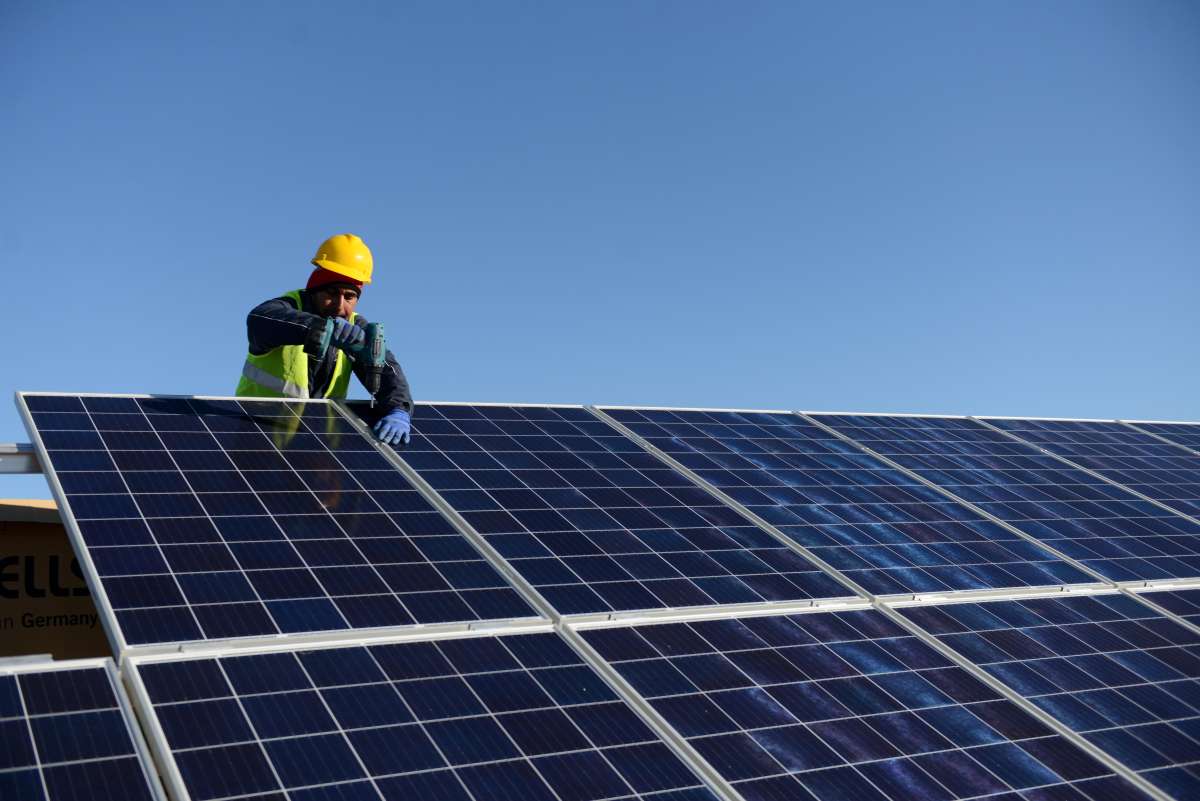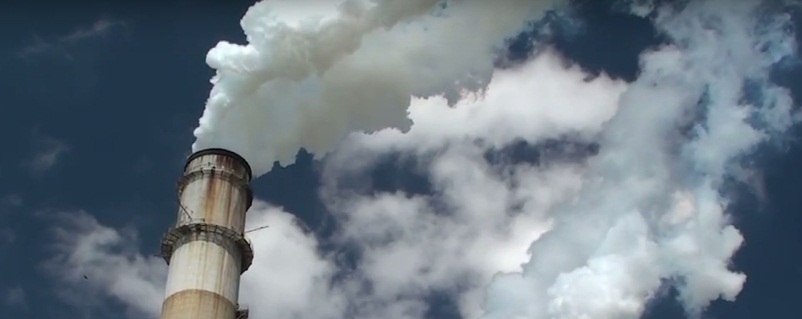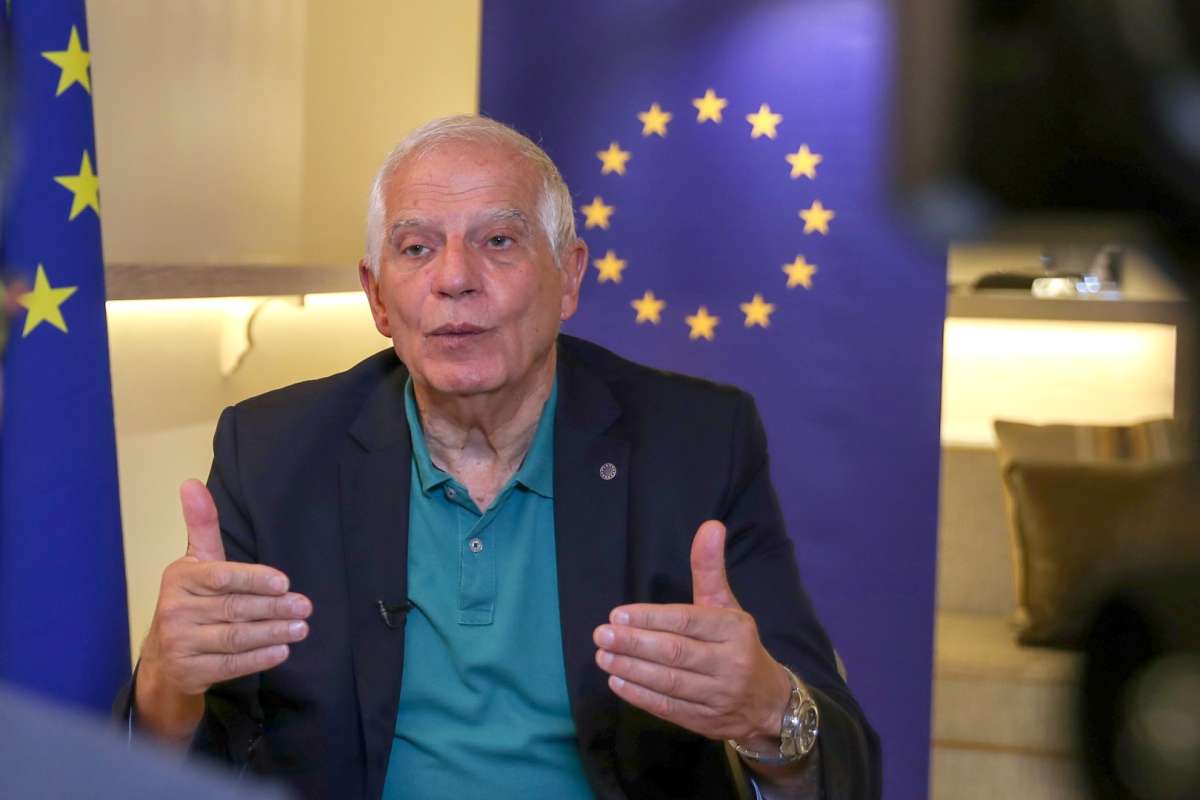India’s power secretary Alok Kumar said the member countries responded positively to the need for energy security and diversified supply chains…reports Asian Lite News
Recently, while inaugurating India Energy Week (IEW) 2023 in Bengaluru, Prime minister Narendra Modi mentioned how India’s energy demand has significantly increased and will reach 11 per cent of the global demand as compared to 5 per cent currently.
The plethora of opportunities for energy firms to invest in India comes from the increased demand and energy transition commitments. Renewable energy investment in India is vital for meeting its international and domestic climate goals. India during its ongoing G20 presidency has recently signed a memorandum of understanding with the Indonesia-Malaysia-Thailand Growth Triangle Joint Business Council to further promote the adoption of energy efficiency and sustainable practices in the region, the Asian Lite reported.
India’s power secretary Alok Kumar said the member countries responded positively to the need for energy security and diversified supply chains.
In India’s Budget for the year 2023 also, Rs 35,000 crores were allocated as a priority capital investment toward energy transition in line with the government’s objective to achieve the goal of net zero emissions by 2070.
These vital policy decisions are being taken to keep India’s energy transition in mind.
However, India’s policies and commitments are also citizen-oriented. The climate change mitigation policies need to be affordable, secure and sustainable. By focusing on the hard-to-abate sectors where decarbonisation options are limited or expensive, Green hydrogen will play a major role in achieving a net zero, the Asian Lite reported.
India is also aiming to become a global hub for green hydrogen production and exports. Under the National Green Hydrogen Mission, Rs 19,444 crore has been allocated for green hydrogen aiming at producing 5 million tonnes of green hydrogen annually by 2030.
India has made significant progress in its transformation from a country that relied heavily on coal to a potential leader in the renewable source of energy.
As per the latest data published by the Ministry of New and Renewable Energy, India stands at 4th position in the world in terms of installed Renewable Energy capacity, reported News on Air.
Schemes like PM-KUSUM which aims to provide financial and water security to farmers through harnessing solar energy or National Smart Grid Mission (NSGM) are key initiatives of the government. The government’s flagship initiative, the Green Energy Corridor (GEC) also aims at synchronizing electricity produced from renewable resources, such as wind and solar, with conventional power stations.
According to the data published by the Ministry of New and Renewable Energy, as of December 31, 2021, works related to the installation of transmission towers and their stringing for an aggregate of approx. 8468 km have been completed, and substations of aggregate capacity of approx. 15268 MVA have been charged. India has consistently backed the switch to renewable energy sources, and one of its initiatives in this direction is the International Solar Alliance.
During her visit to India, New Zealand’s Foreign Minister Nanaia Mahuta handed over the signed copies of the International Solar Alliance (ISA) Framework Agreement, paving the way for New Zealand’s membership of this initiative.
Further, Solar Energy Corporation of India (SECI) issued a tender for a 1000 MWh Battery Energy Storage System (BESS) in October 2021 to enable DISCOMS to use storage facilities on an on-demand basis. BESS, one of the most important emerging technologies in the Indian renewable energy market, can provide both peak-time power supply and 24-hour electricity to help overcome renewable energy’s unsteady nature.
In addition, International Energy Agency’s India Energy Outlook 2021 also projected that India could potentially have 140-200 gigawatt (GW) battery storage capacity, the largest for any country, by 2040. (ANI)


